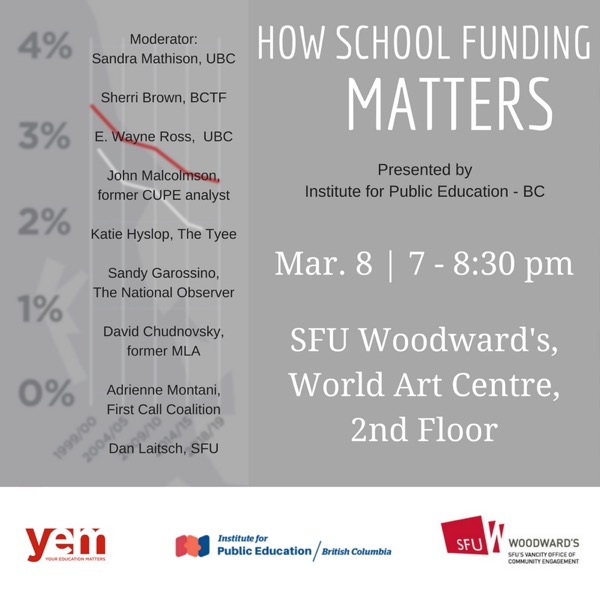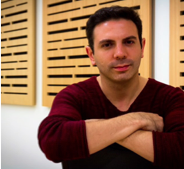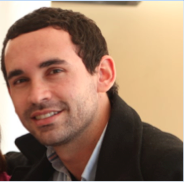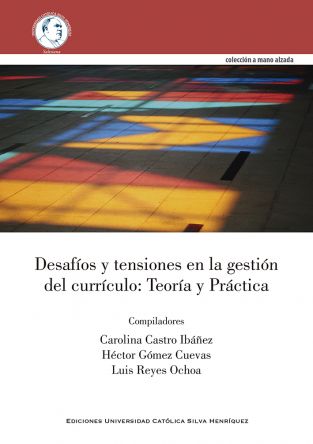Tracy Sherlock, Vancouver Sun, February 7, 2014— Education minister Peter Fassbender sent an email directly to teachers on Friday, in an attempt to explain the government’s perspective on their rocky relationship.
Teachers from across the province responded with frustration on social media, in interviews and with letters to Fassbender copied to The Vancouver Sun.
Fassbender’s email comes after the announcement Tuesday that the government intends to appeal a court case it lost to B.C. teachers last month.
In the court ruling, Supreme Court Justice Susan Griffin said legislation passed in 2012 was virtually identical to a 2002 bill she had previously ruled as unconstitutional because it violated teachers’ rights to bargain class size and composition clauses. Fassbender said Tuesday that the ruling could cost as much as $1 billion to implement because it forces the province to retroactively restore class size and composition language that was removed from teachers’ contracts in 2002.
B.C. Teachers’ Federation president Jim Iker said Fassbender’s letter is not historically accurate and he doesn’t think the government should be directly approaching BCTF members.
“We have a government that seems to be in denial about the decision, the facts of the decision and what their responsibility is,” Iker said. “What we should be getting from Christy Clark is an apology — to teachers, to students, to parents, to all British Columbians — for not upholding the constitution.”
Iker noted that the facts of the case were not disputed by either the BCTF or the government during the court case.
Fassbender’s letter says in 2011, “the B.C. Supreme Court ruled that government had not followed a proper process in with the BCTF in removing those sections. Government accepted that decision and spent the following year in consultation with the BCTF attempting to fix the problem.
“But last week, the court ruled that the government’s efforts fell short.”
The judge’s decision said, “The Court has concluded that the government did not negotiate in good faith with the union after the Bill 28 Decision.” Further, the judge found that the legislation introduced after the 2011 decision was “identical to that first branch of what was previously declared unconstitutional, namely, the deletion and prohibition of hundreds of collective agreement terms on working conditions.”
Fassbender’s letter said what he finds most disappointing is the judge’s characterization that government sought to provoke a strike.
Griffin based her finding that the government wanted to provoke a strike on confidential government documents, specifically notes from Paul Straszak, the former CEO of the government’s bargaining agent, the Public Sector Employers’ Council. The government has declined to release these internal documents.
Vancouver music teacher Mark Reid said that the minister has a right to disagree with Griffin’s ruling.
“You’d more easily persuade me and, in fact, all citizens of the province if you released these so-called contentious cabinet documents for public review,” Reid said in an email to Fassbender that he shared with The Sun. “The fact is that a Supreme Court Justice ruled on fact and law. Your appeal of the law is within the rights of any individual or group who have stood before the court and received its ruling. The finding of facts cannot be disputed. I sincerely hope that the choice to appeal was cemented in principle, not in pride, economics, or the policy objectives you so highly hold.”
Maple Ridge teacher Erin Smeed told The Sun that she was annoyed when she read the letter.
“I was frustrated with the inaccuracies in it, specifically implying that we didn’t have class size and composition language before provincial bargaining, which is flatly untrue. We had that language in our district,” said Smeed, who teaches English to adults in continuing education.
Fassbender’s note says: “Through several years at the bargaining table, elected school trustees consistently resisted efforts to entrench any local teacher-student ratios and formulas into the provincial contract.”
Smeed, whose parents were a teacher and a school administrator, said she feels Fassbender is trying to circumvent the proper bargaining process.
“Sit down at the table and talk to our democratically elected leadership instead of wasting time trying to talk directly to the masses,” Smeed said.
Read more: Vancouver Sun


 Follow
Follow






